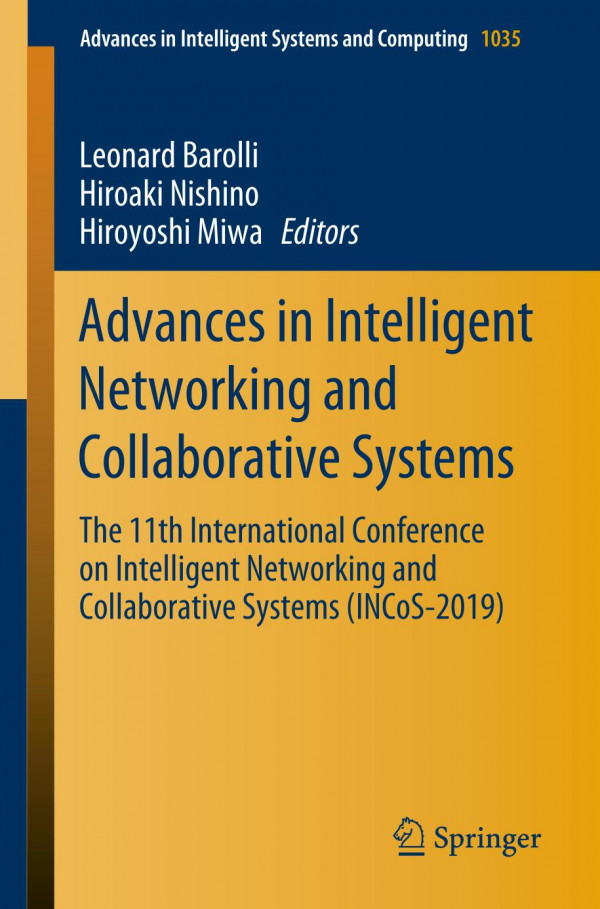

Most ebook files are in PDF format, so you can easily read them using various software such as Foxit Reader or directly on the Google Chrome browser.
Some ebook files are released by publishers in other formats such as .awz, .mobi, .epub, .fb2, etc. You may need to install specific software to read these formats on mobile/PC, such as Calibre.
Please read the tutorial at this link: https://ebookbell.com/faq
We offer FREE conversion to the popular formats you request; however, this may take some time. Therefore, right after payment, please email us, and we will try to provide the service as quickly as possible.
For some exceptional file formats or broken links (if any), please refrain from opening any disputes. Instead, email us first, and we will try to assist within a maximum of 6 hours.
EbookBell Team

4.7
106 reviewsThis book presents the latest innovative research findings, methods, and development techniques related to intelligent social networks and collaborative systems, intelligent networking systems, mobile collaborative systems, and secure intelligent cloud systems. Offering both theoretical and practical perspectives, it also reveals synergies among various paradigms in the multi-disciplinary field of intelligent collaborative systems.
With the rapid development of the Internet, we are experiencing a shift from the traditional sharing of information and applications as the main purpose of the Web to an emergent paradigm that places people at the very centre of networks, making full use of their connections, relations, and collaboration. Social networks also play a major role in the dynamics and structure of intelligent Web-based networking and collaborative systems.
Virtual campuses, communities and organizations strongly leverage intelligent networking and collaborative systems through a wide variety of formal and informal electronic relations, such as business-to-business, peer-to-peer, and many types of online collaborative learning interactions, including the emerging e-learning systems. This has resulted in entangled systems that need to be managed efficiently and autonomously. In addition, while the latest powerful technologies based on grid and wireless infrastructures as well as cloud computing are currently greatly enhancing collaborative and networking applications, they are also facing new challenges. The principal purpose of the research and development community is to stimulate research that will lead to the creation of responsive environments for networking and, in the long term, the development of adaptive, secure, mobile, and intuitive intelligent systems for collaborative work and learning.